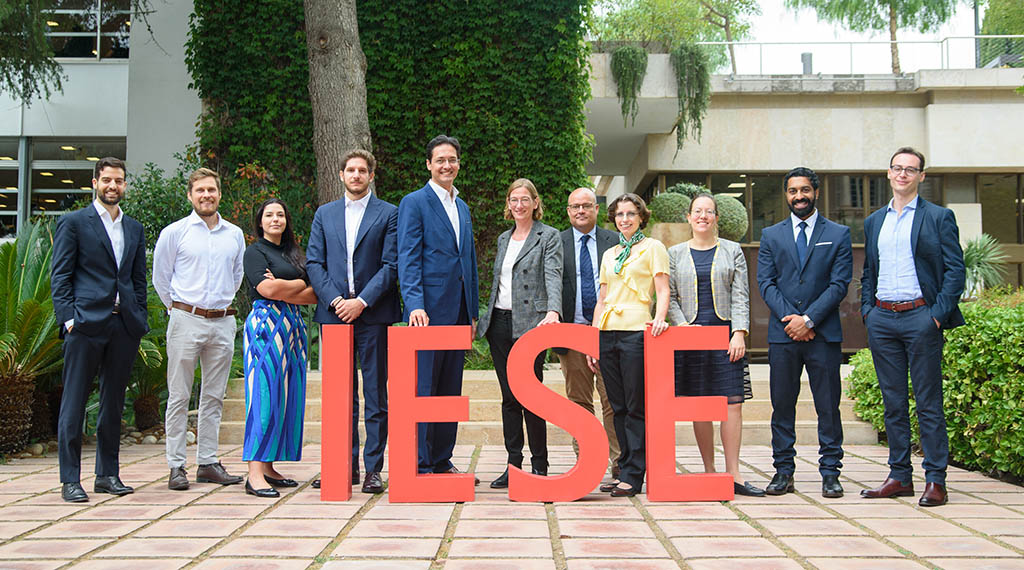
Stories
Is the global banking sector sound at last?
A decade after crisis, new report calls for regulating digital newcomers and shadow banking
A panel presentation in London of a new report by the Centre for Economic Policy Research and IESE, with the support of Citi.
June 11, 2019
Ten years after the last major crisis, the biggest potential threats to the global banking system today may not be big, traditional financial institutions, but rather fast-growing digital players and providers of shadow banking services.
“Shadow banking has been at the start of many crises,” said IESE professor Xavier Vives at an event in London to present a new report titled Sound at Last? Assessing a Decade of Financial Regulation — The Future of Banking. “We must work on creating a flexible framework for regulation to deal with this.”
That’s because while there have been improvements in financial regulation and supervision over the decade since the global financial crisis, there is still no framework for dealing with shadow banking and new digital competitors for incumbent banks.
“Technology is bringing lots of digital providers into the sector, so we need to find the best way to regulate these new providers,” Vives added. The report was the first in a new series from IESE and the Centre for Economic Policy Research (CEPR), with the support of Citi.
“In the study we identify a number of areas but, to me, the biggest one and perhaps the most pressing would be the shadow banking sector,” said Patrick Bolton of Columbia University, another of the authors. “It is non-regulated but it is growing strongly. Another area of concern would be cybersecurity.”
One legacy of the crisis is stronger and better capitalized banks, the report notes, as well as regulators and supervisors with increased clout who pay more attention to systemic risk.
But new regulations and high compliance costs make entry difficult, and they have increased the tendency for market concentration, potentially aggravating the problem of banks that are “too big to fail.”
And the crisis has also left a legacy of high leverage in advanced economies, especially in terms of ratios of sovereign debt to GDP. At the same time, interest rates are at very low levels. All of this, together with the digital disruption of the sector, poses formidable challenges for the banking industry.
Main policy recommendations
The report tackles three important areas of post-crisis regulatory reform: the Basel III agreement on capital, liquidity and leverage requirements; resolution procedures to end “too big to fail”; and expanding the role of central banks with a financial stability remit.
The report presents an extensive analysis of the banking sector and the regulatory reforms put in place since the crisis. It delivers a number of key messages, including:
- Narrow banking is not a “magic bullet” to overcome the fragility of the system. Fragility is inherent to the core banking function of joint supply of credit and deposits. If narrow banking were to be implemented, fragility would resurface elsewhere in the financial system.
- Prudential regulation should take a holistic approach, considering and setting requirements for capital, liquidity and disclosure together and taking account of their potential interactions, together with the competitive conditions of the industry.
- Stress tests are very useful if well designed. A main lesson from the euro area is that effective stress tests can only be implemented when there is a backstop for the banking system. To remain effective, the tests must be severe, flexible and not overly transparent.
- Regulation inevitably leads to innovation aimed at escaping the new rigorous oversight. To ensure that an ever-changing financial system remains resilient, authorities need a framework to monitor, assess, designate, regulate and supervise entities outside the perimeter of regulation.
- Central banks have to recover their traditional financial stability remit, and these more powerful central banks need strengthened accountability and democratic legitimacy.
Find the full report here.


